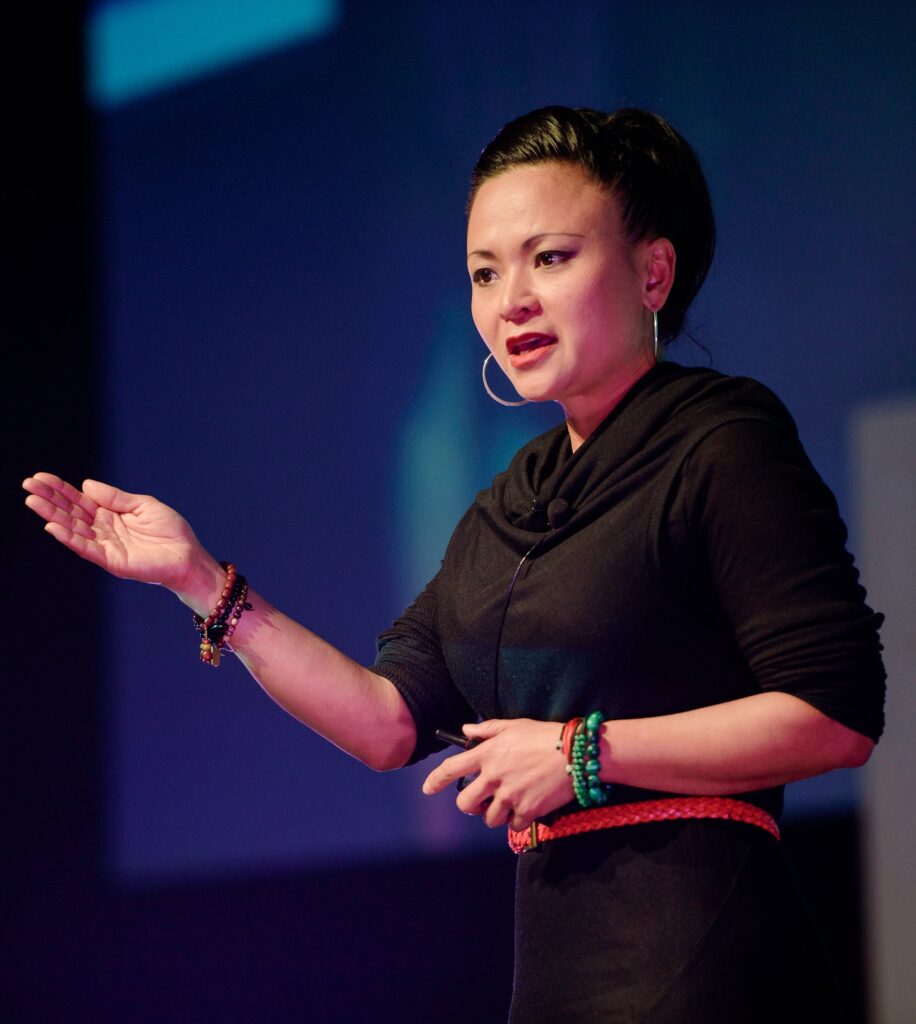Burnout isn’t just a buzzword anymore—it’s a reality for thousands of professionals walking away from high-status jobs in search of something real. In Australia, where stress and hustle have become part of the national work ethic, a quiet revolution is taking place. At the center of it stands Pauline Nguyen.
You might know her as the award-winning co-founder of Red Lantern, one of Sydney’s most beloved restaurants. But behind the scenes, Nguyen has been building something deeper: a transformational coaching movement designed for those quietly suffering under the weight of success. Her clients? Entrepreneurs, executives, and leaders who appear to have it all—until they admit they’ve lost themselves.

Nguyen’s signature philosophy fuses Eastern wisdom with modern psychology, entrepreneurship with somatic healing. This isn’t life coaching in the traditional sense. It’s a full-bodied, soul-forward realignment. And in today’s workplace wellness era, her timing couldn’t be more relevant.
Her flagship program, Numinous: Transformational Growth Strategies for the Spiritual Entrepreneur, is anchored in Jungian psychology, spiritual depth, and embodied practice. She leads clients through what she calls the “SSS Method”: Stillness, Structure, and Sovereignty. Each step brings them closer to healing burnout at its root—not just treating symptoms.
“Most people are living from the neck up,” Nguyen explains. “They’re thinking constantly, disconnected from their body’s intelligence. You can’t grow—or lead—from that place.”
Stillness, the first step, isn’t just about mindfulness. It’s about nervous system repair. Structure, the second, reframes power—not as control, but as clarity. And Sovereignty? That’s where the real work begins: reclaiming agency in a world that constantly pulls you away from your truth.
Many of her clients arrive from male-dominated industries or executive boardrooms, physically present but emotionally depleted. “They’re high-achieving, successful, and quietly falling apart,” Nguyen says.
“What they’re really craving is wholeness”
Her approach is catching fire among women in leadership, many of whom have spent years adapting to masculine-coded spaces that demand output over intuition. Yet surprisingly, it’s also drawing in men—many of whom have never had the space to feel, reflect, or rest.
Nguyen’s methods stand apart in a sea of self-help content that often leans too far into toxic positivity or vague “good vibes only” territory. Her impact is real, grounded, and measurable—not in metrics, but in transformation. Former CFOs, startup founders, and public sector leaders say the same thing: “She brought me back to myself.”

And she’s not stopping there. Nguyen delivers powerful keynote talks designed to do more than motivate—they provoke. “Being a keynote speaker is like being a way-shower,” she says.
“You’re not just delivering information. You’re shifting the energy in the room”
From Red Lantern’s sustained success (over two decades in a fiercely competitive industry) to her Tiger Purrr Chai wellness tea blend, Nguyen is building a life where everything flows from aligned creativity. Her path is neither linear nor conventional—but it’s undeniably relevant.
As Australia confronts a generational shift in work values—where purpose is just as important as profit—Nguyen’s work meets the moment. With burnout now a $17 billion problem in the country and growing calls for mental health reform at work, she offers more than coping tools. She offers a path back to meaning.
And in a culture obsessed with output, the reminder that stillness, structure, and sovereignty are not indulgences—but leadership skills—feels radical.
Because maybe the real future of work isn’t in what we do. It’s in how deeply we’re willing to return to who we are.


